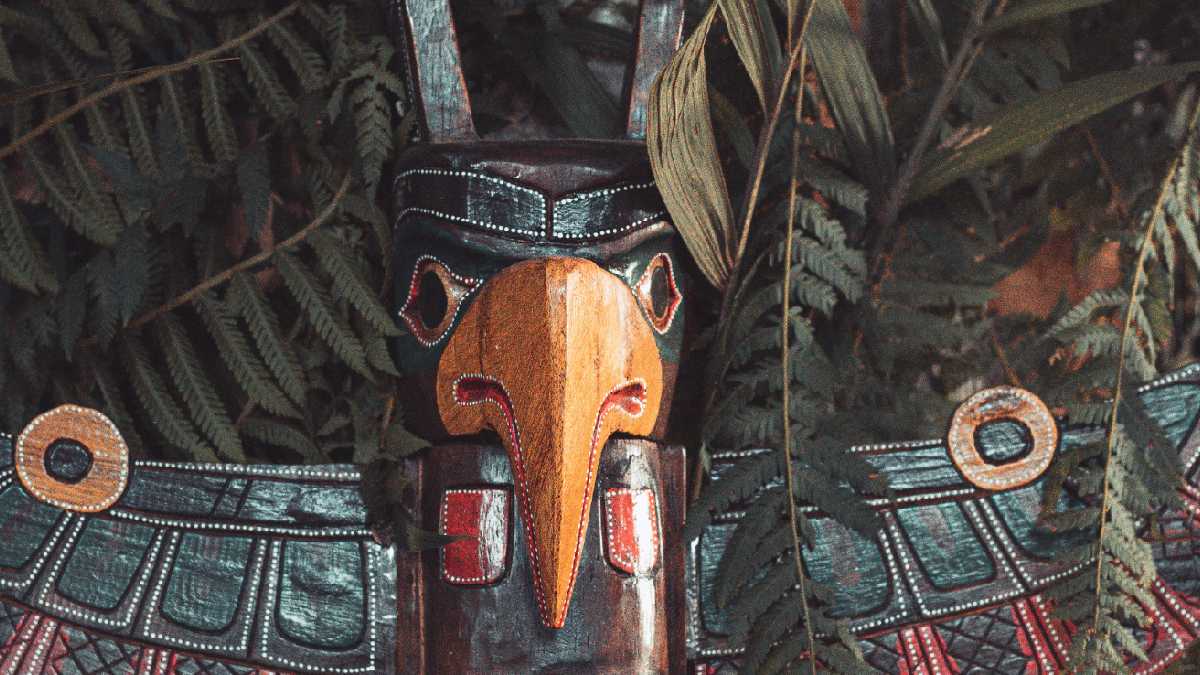
Is Ayahuasca The Future Of Psychoactive Medicine?
New research quantifies the healing powers of ayahuasca.

By Mark Travers, Ph.D. | January 18, 2022
A recent paper published in the academic journal Nature argues that the ceremonial use of ayahuasca, a hallucinogenic drink, may help quell the personality dimension that many psychologists view as the core of all mood and anxiety disorders: neuroticism or negative emotionality.
"We found substantial changes in personality traits, particularly neuroticism, following ayahuasca use," says Brandon Weiss, a psychologist at Imperial College London and the lead author of the paper. "These changes persisted over three months and were corroborated by reports from participants' close significant others."
To arrive at this conclusion, the researchers recruited 256 participants from three ayahuasca healing and spiritual centers in South and Central America. They had participants complete self-report measures of personality at three points in time: before the hallucinogenic experience, shortly after the experience, and three months later.
Results showed that neuroticism declined substantially the week following the ayahuasca ceremony and remained substantially below baseline levels three months following the ceremony.
Comparing this to other therapies aimed to help people with neuroticism/negative emotionality, such as cognitive behavioral therapy, the authors show that the ayahuasca ceremony may be more effective. They state, "[One study] estimated a .57 average pre-post effect size decline in neuroticism following intervention compared to .79 in the present sample when calculated in an equivalent manner."
Another way to put this, according to the researchers, is that the change in neuroticism following an average of 1.4 weeks at an ayahuasca retreat center and 4.4 ayahuasca ceremonies was associated with an effect similar to the average effect of multiple weeks of therapy.
The researchers also report that more intense ayahuasca experiences may produce better results.
"More than other substances, ayahuasca is associated with digestive discomfort and the act of purging (or vomiting) out the substance in the course of the ceremony," says Weiss. "This purgative aspect is considered by shamans and facilitators to hold healing properties, and some qualified evidence has been found to support this."
Participating in an ayahuasca ceremony can have other side effects. For instance, of the 188 participants who were asked to report on possible negative side effects from their ayahuasca experience at the three-month follow-up, 11 participants (6%) reported negative side effects. Side effects included difficulty relating to people, hypersensitivity, flashbacks/recollections of adverse subjective experiences during the ceremony, distressing dreams, hallucinations, speech impairment, brain fog, and difficulty concentrating on mathematical/financial information.
However, Weiss and his team believe that the pros of ayahuasca use likely outweigh the cons in many clinical cases.
"The implications [of ayahuasca use] are fairly broad," comments Weiss. "In addition to suggesting ayahuasca's efficacy in treating mood and anxiety disorders, many other disorders may also be amenable to change including personality disorders with a strong negative emotional core such as Borderline Personality Disorder. Other disorder spectra such as Antagonistic Externalizing (involving aggression, rule-breaking, abuse, and criminality) and Disinhibiting Externalizing (involving impulsivity and substance misuse) frequently have an emotional component and, in many cases, an emotional origin. As such, I believe there is a good empirical basis for utilizing ayahuasca transdiagnostically in the future."
A full interview with Dr. Brandon Weiss discussing his new research on ayahuasca can be found here: Is ayahuasca the future of psychoactive medication?
